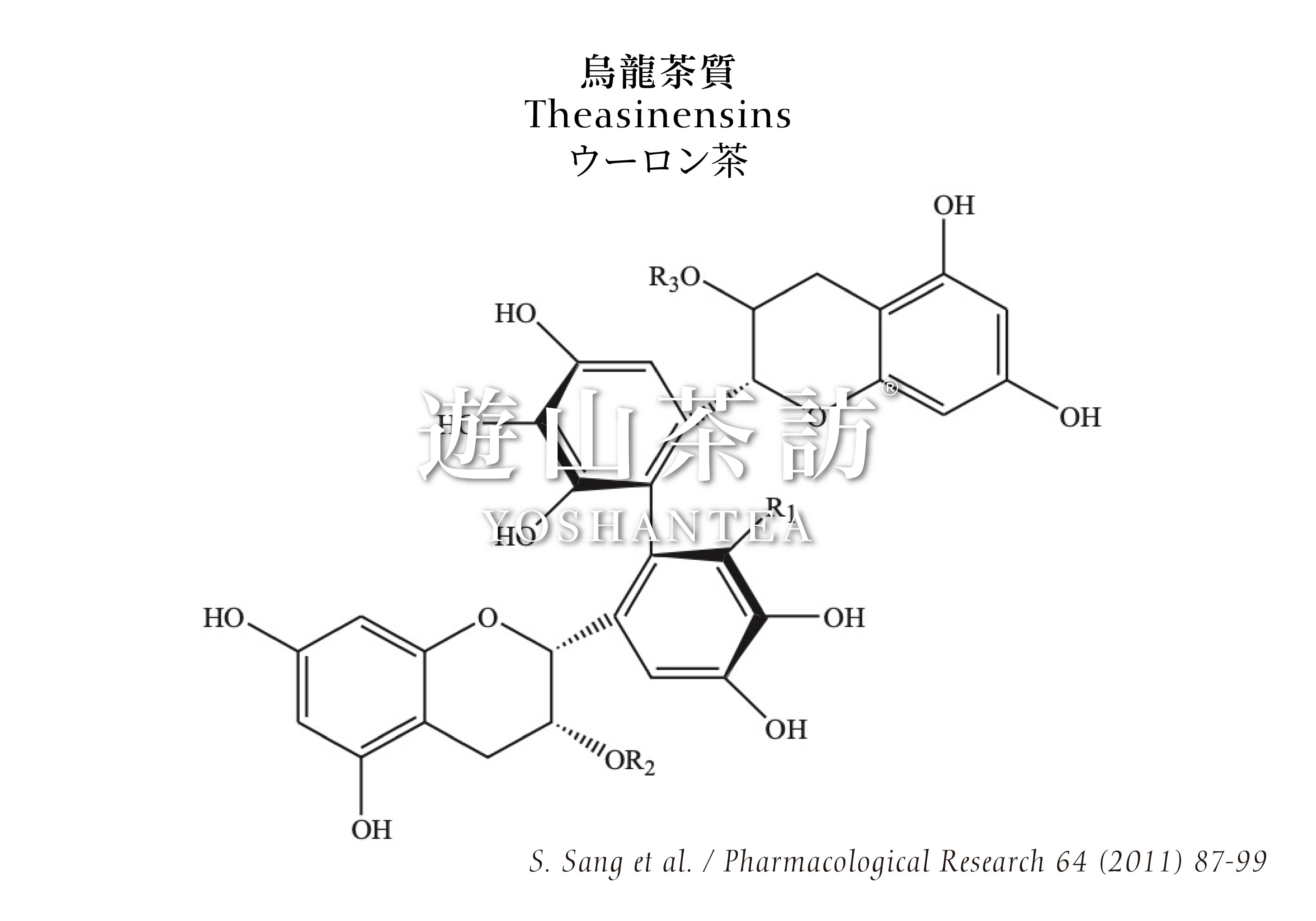Hello everyone,
I'm Andy, a tea enthusiast.
Drinking tea is a healthy habit.
Here, the “tea” we’re talking about refers to unsweetened whole-leaf brewed tea.
The key health benefit of this kind of tea comes from a group of compounds called Tea Polyphenols.
What are Tea Polyphenols?
Tea polyphenols are a group of naturally occurring phenolic compounds found in tea leaves.
Among them, the most well-known are catechins.
Catechins have several positive effects on the human body,
including antioxidant, anti-inflammatory, and metabolism-boosting benefits.
What's the Difference Between Green, Oolong, and Black Tea?
The main difference lies in the degree of oxidation (commonly referred to as fermentation):
- Green Tea: Unoxidized → Retains the highest amount of catechins
- Oolong Tea: Partially oxidized → Some catechins are transformed
- Black Tea: Fully oxidized → Catechins are mostly oxidized into theaflavins and thearubigins
Note: The "fermentation" here refers to the enzymatic oxidation of catechins, not microbial fermentation.
So, strictly speaking, "oxidation" is the more accurate term.
So What’s in Oolong Tea?
Here’s the key point:
- Green Tea contains Catechins
- Oolong Tea contains Theasinensins
- Black Tea contains Theaflavins
Theasinensins, also known as catechin dimers,
undergo the oxidative coupling of catechin to form a unique class of dimeric polyphenols.
Common types include Theasinensin A, B, C, and F — with Theasinensin A being one of the major compounds.
During oolong tea production, partial oxidation triggers this transformation.
The main enzyme driving the reaction is Polyphenol Oxidase (PPO),
assisted by Peroxidase (POD).
As a result, oolong tea retains some catechins while also producing these unique polyphenolic compounds.
This biochemical process explains why oolong tea lies between green and black tea,
both in terms of oxidation level and in its distinct flavor and taste.
I hope you found this helpful.
See you next time!
#yoshantea #taiwantea #dongdingtea #oolongtea #teafacotry #FSSC22000 #safetea #teapolyphenols #catechins #theasinensins #teascience #healthtea
